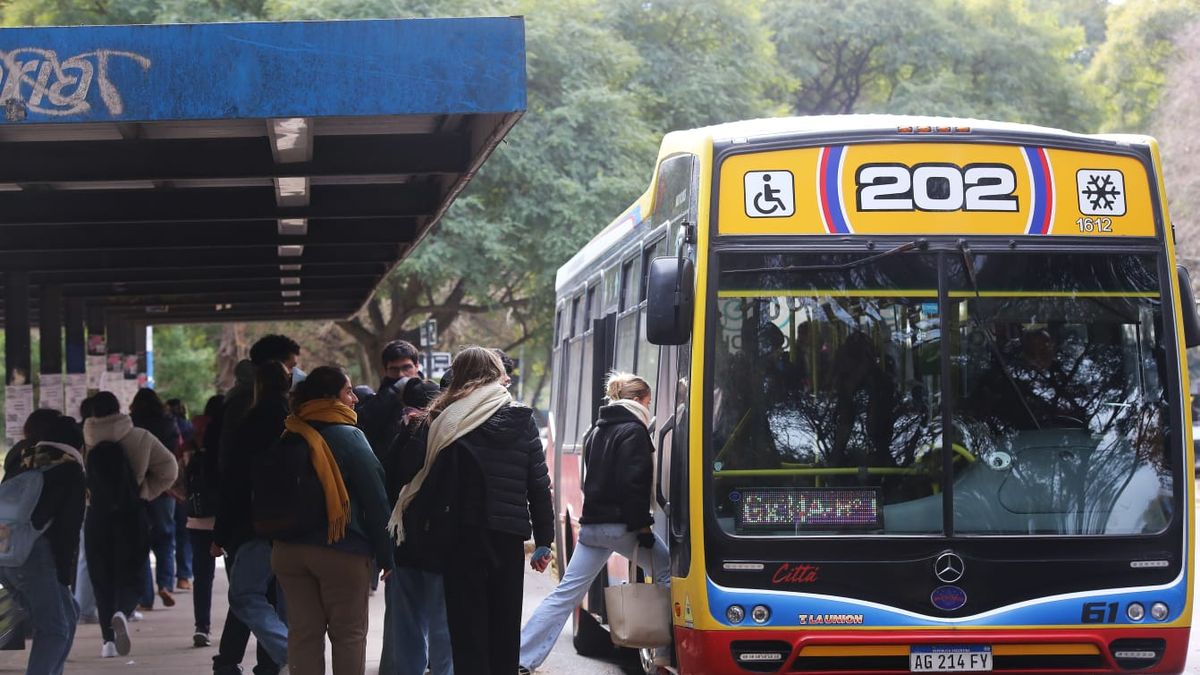Around 25 of them are on duty in Austria. One of them, who was also on site in Kalsdorf, gave an insight into his “exotic job” on Sunday, which he personally considers to be no more dangerous than patrol duty.
- Also read: 50 people at a church service: explosive device placed in front of Jehovah’s Witnesses building
If a suspicious package or an abandoned suitcase is found in Austria, the explosives experts (SKO) usually respond first. They decide on site whether to call the defusing service or give the all-clear. In the case in Kalsdorf, the experts from the defusing service (ESD) were called on Friday evening. The headquarters are in Vienna, branch offices can be found in Hall and Graz. At the same time, there are always six of these defusers on duty in Austria and two of them are always available if necessary.
Special X-ray machines
If they come across a suspicious object, the defusers can examine the unconventional explosive or incendiary devices (IEDs) from the outside, for example using special X-ray devices. “Based on the outline of the X-ray, we assess whether, for example, there could be a battery in it or whether there is simply a suitcase with dirty underwear in front of us. I then make the decision as to whether we can take the part with us or defuse it on site,” said the official. As was the case on Friday evening, this also depends on the environment. The Kingdom Hall of Jehovah’s Witnesses in Kalsdorf is located in the middle of a residential area. Therefore, manipulation on site was too dangerous for the surrounding area.
For this reason, the explosive suppression system, which weighs around four tons and is installed on a truck, was used on Friday. The suspicious object is placed into this and then taken to a safe place. The defusing service has an area south of Vienna for this purpose. The package or item is then examined there.
Bomb protection suit weighing 40 kilos
In some cases, this detailed examination can be carried out from a safe distance, but in some cases the defuser has to do it himself. If the latter is necessary, the expert puts on a bomb protection suit weighing around 40 kilograms, opens the object and tries to defuse a bomb in an emergency. “The suit offers splinter protection, but it’s difficult to do anything about the pressure and heat,” says the expert.
He is therefore also aware of the danger to which he exposes himself during such operations. He has to live with the risk that “something can go wrong,” he confirmed. “But I don’t want to emphasize that because there are plenty of other dangerous jobs too. Our job is exotic, but I was also a police officer on the streets for long enough. It’s not that easy because I know when I’m driving somewhere, what’s going to happen to me expected.” A patrol officer can sometimes end up in a shootout during seemingly harmless operations. He’s been a police officer for 40 years and knows how quickly things can go wrong: “It doesn’t matter whether you’re wearing a bomb suit or writing a traffic ticket.”
Up to 600 missions for defusing service
According to the official, the explosives experts in Austria are called to operations around 5,000 times – this includes the SKO. The defusing service is deployed 500 to 600 times a year. Incidentally, the demining service is responsible for war relics in Austria and should not be confused with the defusing service.
My themes
For your saved topics were
new articles found.
info By clicking on the icon you can add the keyword to your topics.
info
By clicking on the icon you open your “my topics” page. They have of 15 keywords saved and would have to remove keywords.
info By clicking on the icon you can remove the keyword from your topics.
Add the topic to your topics.
Source: Nachrichten




